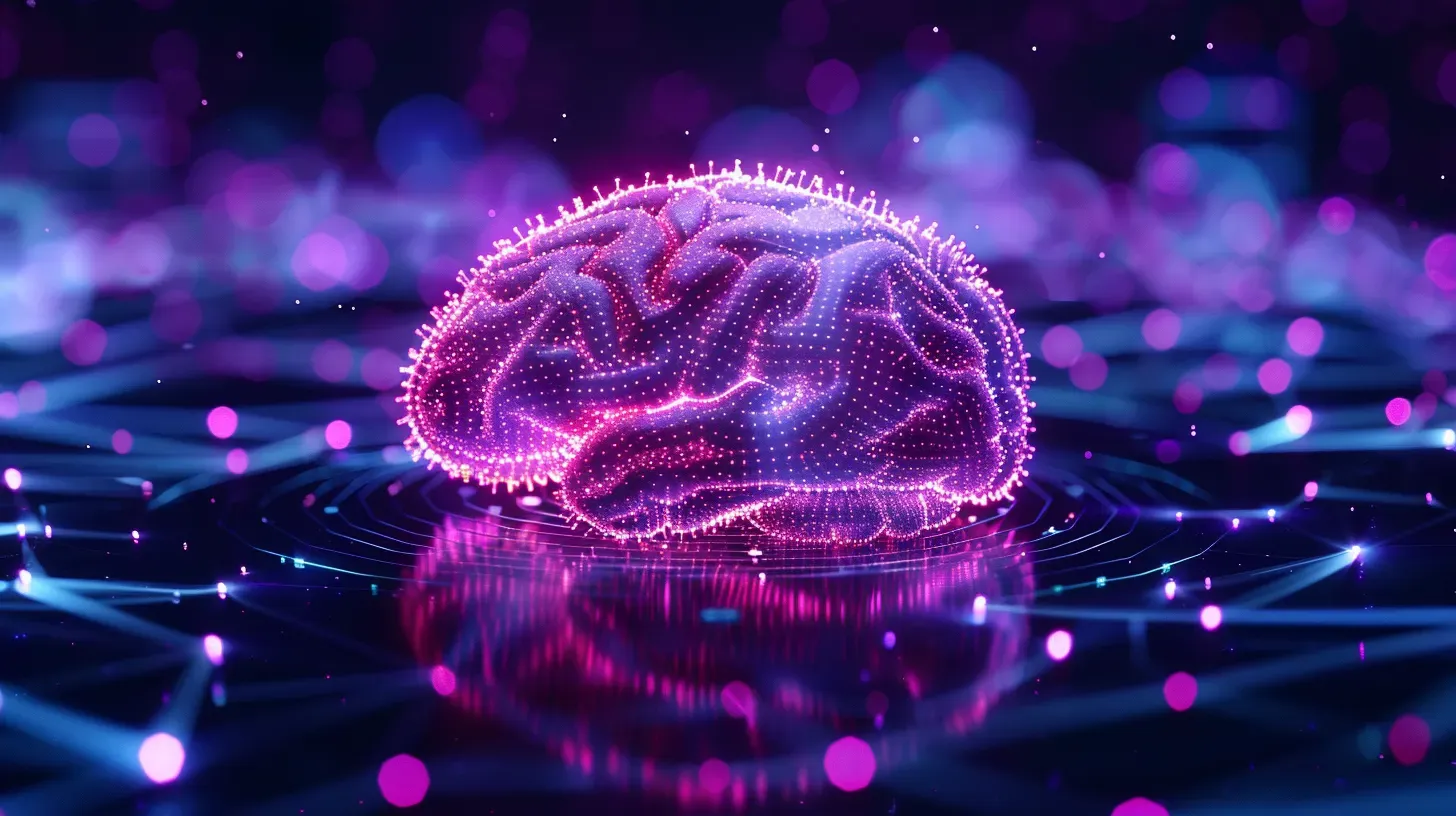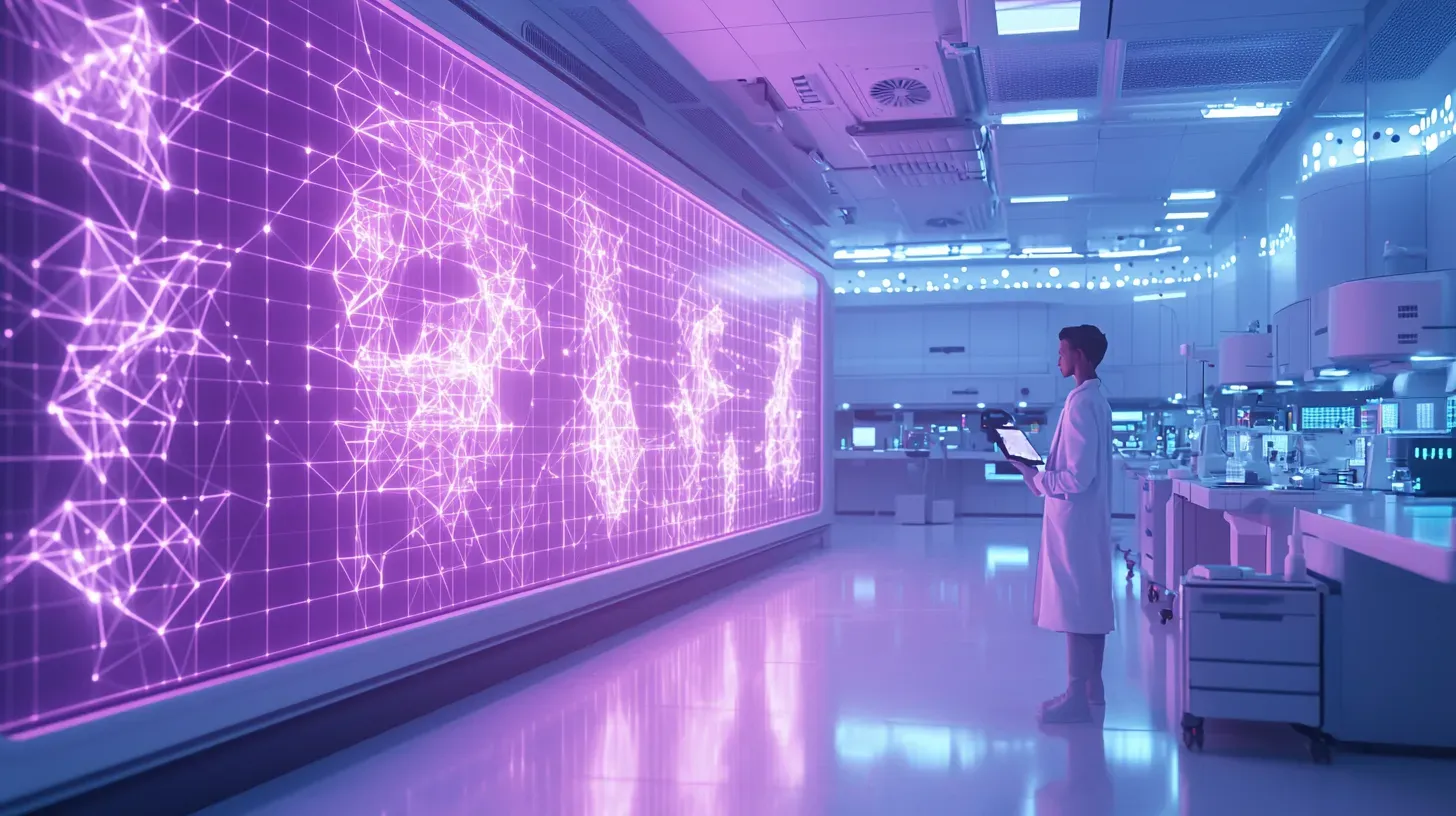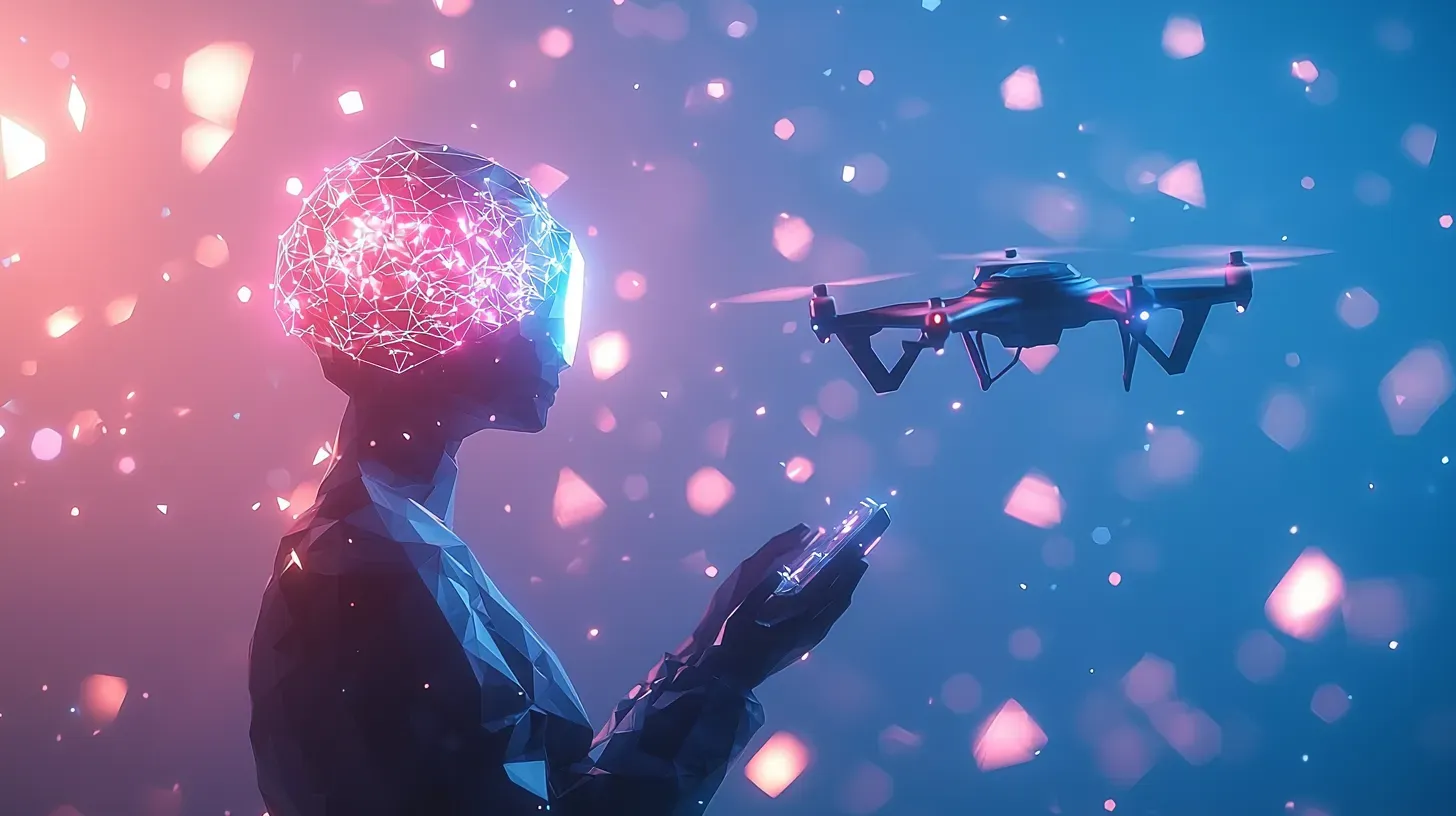Frankenstein's Brain Bot: The Future of Neuro-Robotics

Are we creating the next RoboCop, or just advancing brain science?
Chinese researchers have inserted human stem cell-derived brain organoids into a tiny robot, creating a learning-capable, Frankenstein-like entity, marking a significant leap in brain-computer interface (BCI) technology.
This innovative project from Tianjin University and the Southern University of Science and Technology uses brain organoids, cultivated from pluripotent stem cells, to control robots, teaching them tasks like avoiding obstacles and gripping objects. This "brain-on-chip" technology is touted as the world's first open-source intelligent complex information interaction system.
By integrating human brain cells with neural interface chips, these robots can perform increasingly complex tasks. Beyond teaching a small humanoid robot to avoid obstacles or grip objects, scientists hope that organoids could eventually be used to repair the human brain through transplantation. For instance, brain organoids treated with low-intensity ultrasound showed improved differentiation of cells into neurons, enhancing their integration with host brain networks.
The implications of merging human brain cells with machines extend beyond technological marvels, diving deep into ethical territories. The ethical considerations of this technology are profound. As we merge human biological elements with machines, we blur the lines between human and artificial intelligence, challenging our understanding of consciousness, identity, and autonomy.
This technology's potential medical applications are revolutionary. Brain organoid transplants could restore lost neural functions and reconstruct neural circuits, offering hope for patients with severe brain injuries or neurodegenerative diseases. For example, researchers at the University of Pennsylvania successfully used human neurons to restore function in damaged visual cortices of rats, indicating the potential of such treatments.
On the flip side, the creation of robots with human brain cells could lead to societal and ethical dilemmas. If these robots can learn and develop like humans, should they be granted rights? How do we prevent potential misuse of this technology, ensuring it serves humanity rather than becoming a tool for exploitation or control?
Moreover, the integration of biological intelligence with artificial systems raises concerns about the potential for unintended consequences. Could these hybrids develop in ways we cannot predict or control? The rapid advancement in BCI technology necessitates a parallel development in ethical frameworks and regulatory measures to address these concerns adequately.
While the advancements in brain-on-chip technology represent a significant scientific breakthrough with enormous potential benefits, they also demand careful ethical consideration and societal dialogue. As we stand on the brink of a new era in neuro-robotics, it is crucial to balance innovation with responsibility, ensuring that these developments enhance human well-being without compromising ethical standards.
Read the full article on SCMP.
----
💡 If you enjoyed this content, be sure to download my new app for a unique experience beyond your traditional newsletter.
This is one of many short posts I share daily on my app, and you can have real-time insights, recommendations and conversations with my digital twin via text, audio or video in 28 languages! Go to my PWA at app.thedigitalspeaker.com and sign up to take our connection to the next level! 🚀

If you are interested in hiring me as your futurist and innovation speaker, feel free to complete the below form.
Thanks for your inquiry
We have sent you a copy of your request and we will be in touch within 24 hours on business days.
If you do not receive an email from us by then, please check your spam mailbox and whitelist email addresses from @thedigitalspeaker.com.
In the meantime, feel free to learn more about The Digital Speaker here.
Or read The Digital Speaker's latest articles here.





